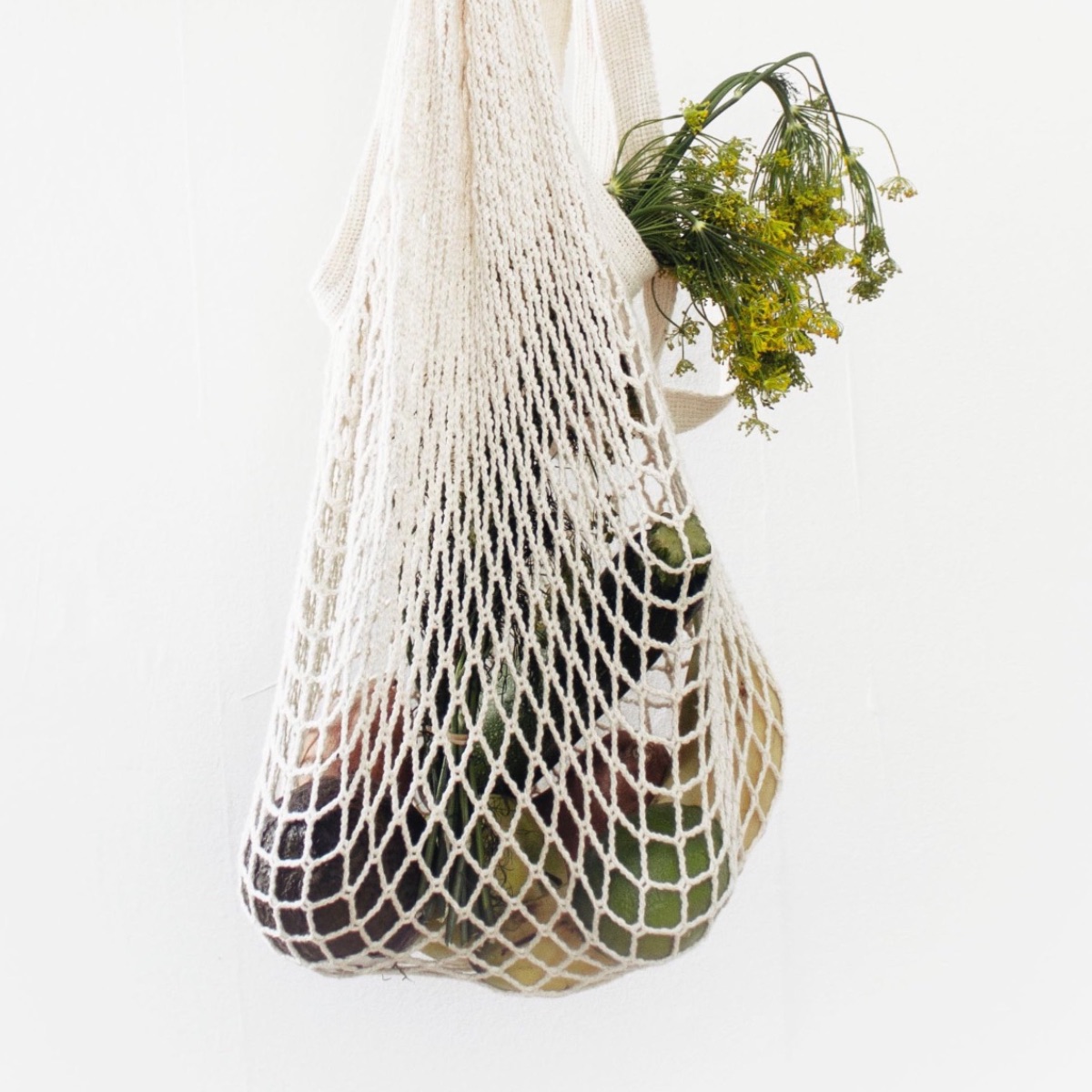
05 June 2019
It’s taken 17 years to follow in the footsteps of Bangladesh, the first country to ban single-use plastic bags, but we’re finally there! From 1 July, single-use plastic bags can’t be sold or given away in New Zealand. It’s all part of the Government's programme to reduce waste and build the foundations for our transition to a 'circular economy' where eventually waste will be designed out of the system.
So, what IS a single-use plastic shopping bag? They’re the plastic bags with handles (made of plastic up to 70 microns in thickness) found at supermarkets, takeaways, and other retailers.
The phase out also applies to heavier boutique-style shopping bags and the ‘emergency’ bags currently offered by some supermarkets as an alternative to a free single-use bag. It includes bags made of degradable plastic (ie, biodegradable, compostable and oxy-degradable) regardless of whether the plastic material is sourced from fossil-fuel, synthetic compounds or from biological sources such as plants.
Which plastic bags are still allowed? Bin liners, bags for collecting pet waste and barrier bags used when buying meat, fruit and vegetables (unless they have handles).
What can we expect at the checkout? Manufacturers and retailers have until 1 July to phase out single-use plastic bags completely, or face six-figure fines. Retailers are offering reusable bags, paper shopping bags or even cardboard boxes to help customers adjust. The Government is encouraging shops to move away from any single-use option, including paper.
What can people use instead? There are loads of different reusable bags on the market, including bags made from heavier-duty plastic, hessian, lightweight nylon, cotton, recycled fabric or jute. Shoppers can also use wheeled trolley bags, backpacks and home-made bags. The trick is remembering them!